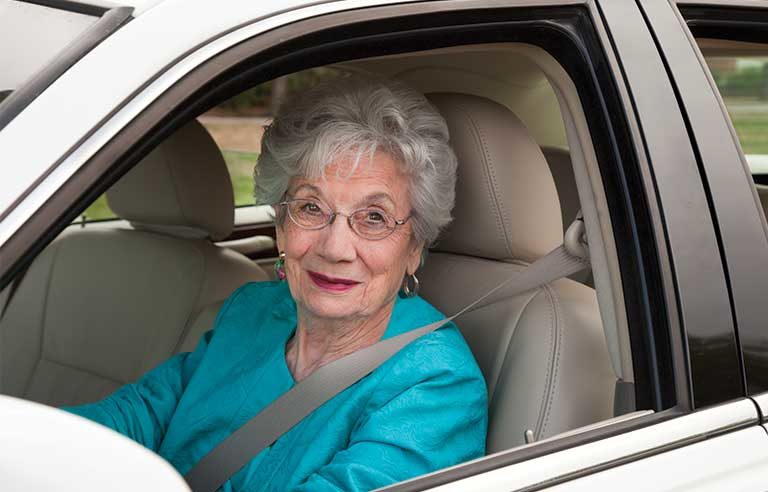AAA study finds most families avoid talking with older loved ones about safe driving

Washington — Does the thought of your aging parents behind the wheel worry you? Have you voiced your concerns to them? A recent study from the AAA Foundation for Traffic Safety shows many people avoid talking with loved ones about this sensitive issue.
Using data from nearly 3,000 people between 65 and 79 years old who participated in the Longitudinal Research on Aging Drivers (LongROAD) study, researchers looked at how often and for what reasons family members talked to their older drivers about driving safety. Participants also were asked if they had, at any point in the past, discussed the topic with a physician.
Results showed that nearly 83 percent of participants said they had never spoken with a family member or physician about their driving ability and, of the small percentage (2.5 percent) of families that had the conversation, 15 percent did so only after a crash or traffic infraction. The other most common reasons for starting a discussion were concerns such as falling asleep behind the wheel or trouble staying in a lane, health issues, and planning for the future.
Other key findings:
- Only 2.2 percent of older drivers said someone had, in the past year, suggested they limit their driving.
- Most family conversations (60.6 percent) were initiated by someone other than the driver.
- Conversations with family members were more common among participants ages 75 to 79 (17.5 percent vs. 13.2 percent among younger age groups) and among men (15.9 percent vs. 12.8 percent among women).
Older drivers are at greater risk of death and injury in crashes. AAA data shows that in 2016, more than 3,500 drivers 65 and older were killed in traffic crashes and more than 200,000 were injured.
The organization suggests seniors begin planning for “driving retirement” at the same time they start planning for retirement from work.
“The right time to stop driving varies for everyone,” David Yang, executive director of the AAA Foundation of Traffic Safety, said in the release. “This research shows that older drivers can be hesitant to initiate conversations about their driving capabilities, so it is important that families encourage them to talk early and often about their future behind the wheel. With early discussion and proper planning, elderly drivers may extend their time on the road.”
Post a comment to this article
Safety+Health welcomes comments that promote respectful dialogue. Please stay on topic. Comments that contain personal attacks, profanity or abusive language – or those aggressively promoting products or services – will be removed. We reserve the right to determine which comments violate our comment policy. (Anonymous comments are welcome; merely skip the “name” field in the comment box. An email address is required but will not be included with your comment.)

